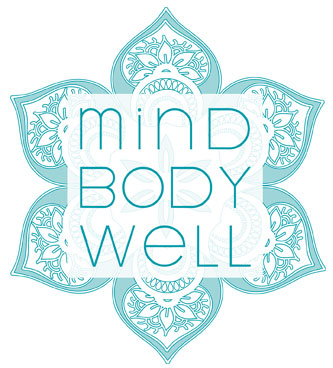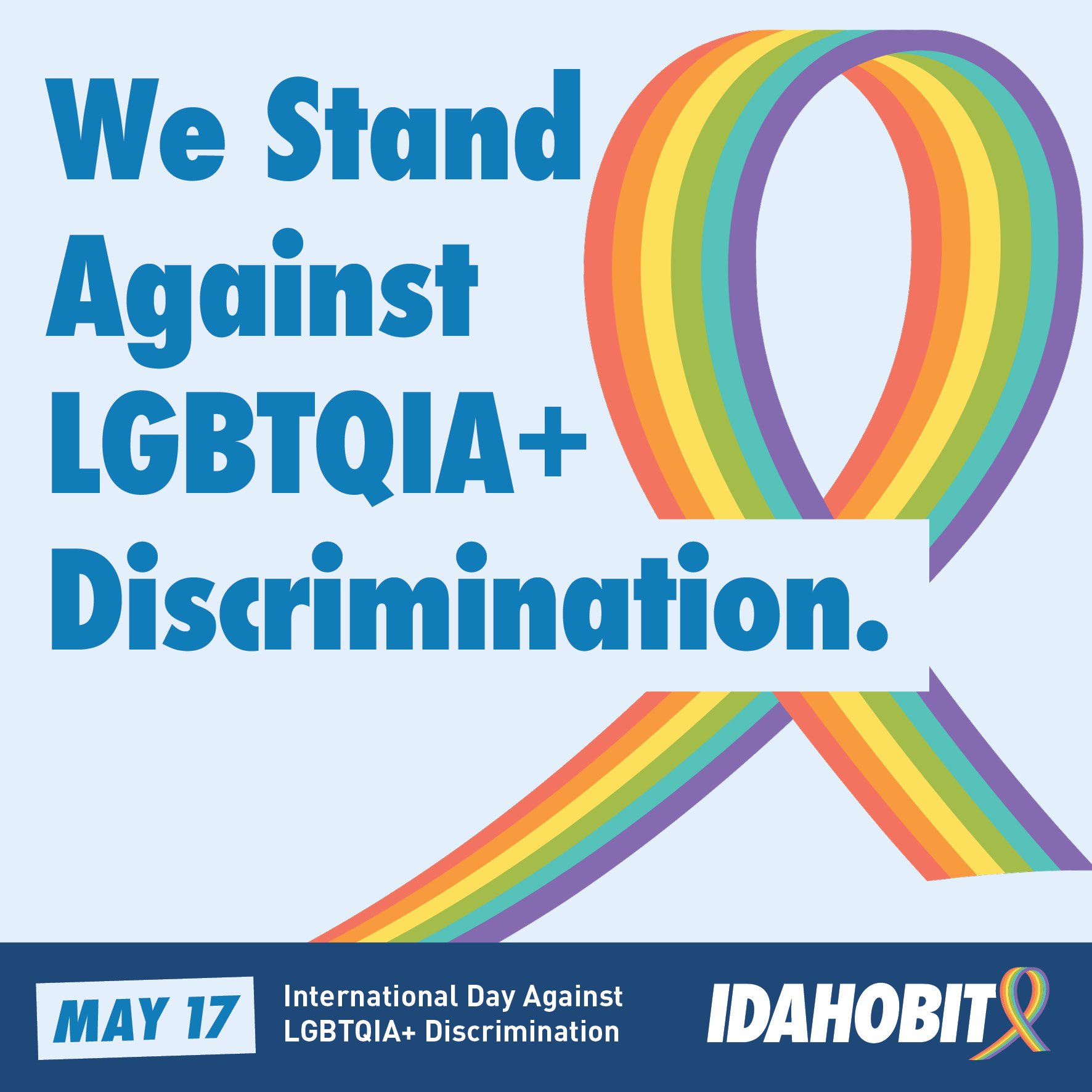As the year draws to a close we’re encouraged to reflect on the past, and to contemplate changes we'd like to make for the year ahead. This time of year is ‘peak-season’ for the diet industry, and we’re exposed to a plethora of messages telling us that the problems in our lives can be solved through weight loss – which is of course a very long way from the truth.
This year we encourage you to break free from diet culture, and to focus on positive and sustainable goals which can contribute to positive well-being. Here are some strategies to consider:
1. Unplug from Negative Influences
Social media has become an integral part of our lives, but its impact on mental well-being is often underestimated. Take a close look at your social media accounts and unfollow any content which triggers negative thoughts or feelings about your body or lifestyle. Instead, curate your feed with accounts that inspire and uplift you, fostering a positive online environment. More puppies and kittens, less wellness influencers!
2. Break Free from Food Rules
‘Food rules’ are beliefs or vales which can dictate when, how, and what we eat. Challenge these rules to embrace a more intuitive approach to eating, paying attention to what you really want to eat (as opposed to what you think you ‘should’ have). Remember that food is not inherently good or bad; it's a source of nourishment and enjoyment. Shift your mindset by using neutral and non-judgemental terms to describe the food you consume.
3. Cultivate Self-Compassion
While we may be adept at showing kindness to others, extending the same compassion to ourselves can be challenging. Building self-compassion is an important step toward fostering resilience and self-care. Even if your thoughts are not yet self-compassionate, take actionable steps to be kind to yourself. Schedule self-care and self-nurturing activities in the day, week and year ahead.
4. Prioritise Quality Sleep
Our sleep patterns impact so many aspects of our lives and have a powerful influence on our physical and mental health and wellbeing. Establishing a good night-time routine can significantly assist your sleep patterns. Create a conducive sleep environment by limiting screen time before bed, maintaining consistent sleep and wake times, eating nourishing foods across the day, and engaging in relaxation or meditation strategies.
5. Engage in Joyful Movement
If incorporating more movement into your routine is a goal, focus on activities you genuinely enjoy. Instead of seeing exercise as a chore or punishment, see it as a celebration of what your body can do. Think about physical activities you’ve enjoyed at different times in your life, and explore all kinds of different forms of movement. Pay attention to how each activity makes your body feel, and let joy be your guide.










